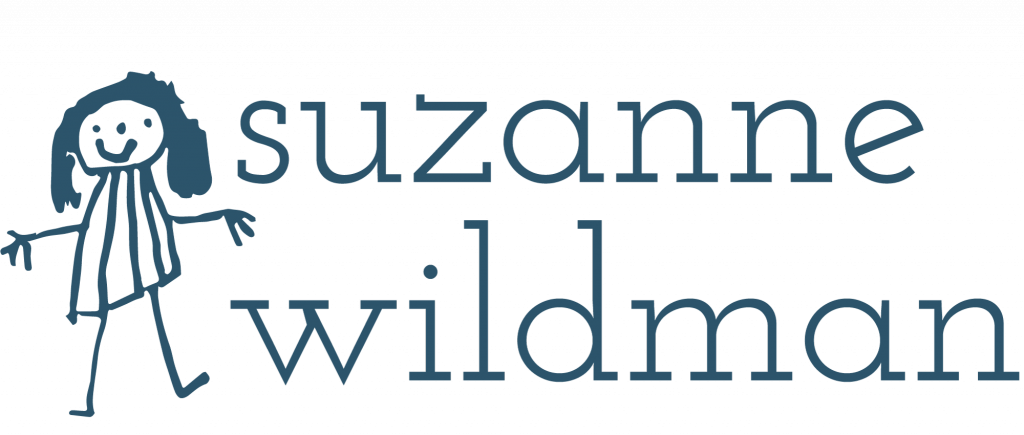 The Six Stages of Parenthood by Ellen Galinsky. Reading, MA: Addison-Wesley Publishing Company. 1981. 364pp. $17.00.
The Six Stages of Parenthood by Ellen Galinsky. Reading, MA: Addison-Wesley Publishing Company. 1981. 364pp. $17.00.
As brand new parents, few of us grasped the scope of the commitment we were making when we welcomed that first little bundle of joy into our lives. While many of our experiences are wondrous and exhilarating, others are maddening and frustrating. Still others frighten or intimidate us, stirring up feelings of inadequacy and powerlessness, leaving us wondering what to do next. Certainly, parenting keeps us perpetually on our toes in a way that other things in life rarely do.
What’s more, it seems that the rules are always changing, and we are continually challenged to adapt as our children grow and move into new, uncharted territory. As the mother of my youngest son’s friend wistfully commented recently, “I wish my child had come with operating instructions.” How many of us would echo that sentiment, or jump at the chance to get our hands on some magic formula?
The Six Stages of Parenthood documents parental response and concerns around these very issues. At first glance, the book may seem dated. When it was published in 1981, understanding of adult development through the life cycle was limited, and research on the specific impact of parenting on adult development was nonexistent. Taken in its historic context, author Ellen Galinsky’s interviews of hundreds of parents from all walks of life, with children of all ages, and covering a broad geographical spectrum within the USA, contributed ground-breaking insights on the range and effects of the parenting experience.
Ellen Galinsky has been on the faculty of Bank Street College of Education in New York City for over twenty years. Currently, the president of the Institute for Work and Family in New York, she directs many national and international research projects and is a consultant on child and adult development to day-care programs, corporations, and the media. She is the author of The New Extended Family, Family Matters in the Preschool Years, and Beginnings.
The book’s ongoing merit lies in its exclusive focus on parents’ descriptions of their experience at various stages in children’s lives. These first-person accounts illuminate the challenges that confront and shape us as we guide our children through infancy, early childhood, elementary school, adolescence and beyond. Galinsky highlights the interplay between our ideals and reality throughout the child rearing process, as we engage in assessment of discrepancies between the parent we are and the parent we want to be. All of us carry images and expectations from childhood that influence (often unconsciously) our personal parenting style. When events at a particular stage are at odds with these expectations, we may feel dissonance and disappointment.
Reading a variety of narratives on the parenting experience may bring comfort as you struggle during difficult times with your children. The stories of other parents reassure us that we are not alone, and that, in fact, there is no single magic formula for raising healthy, well-adjusted kids. Influenced by our upbringing and life experience, we do the best we can with what we’ve got.
On the other hand, if you are looking for in-depth advice and solutions, you will not find them here. The book lacks a coherent sent of what it wants to achieve, sometimes meandering and failing to sufficiently address particular developmental themes. What you will find are common threads of experience and sentiment, and a reminder that we are in good company as we navigate parenting pitfalls.
The Six Stages of Parenthood touches on topics which parents undoubtedly think about but may not discuss in their daily lives. It offers us a window into the lives of other parents grappling with children of comparable ages. It helps us become aware of own expectations, and gives an idea of where we fit on the spectrum with regard to particular dilemmas. Despite the book’s limitations, one can’t help but come away in awe of the monumental tasks we face as parents. No sooner do we become comfortable and confident with a particular stage than we are hurled full-tilt into the next one. The beauty of parenthood is that each of us brings our uniqueness to the role, and precisely because there is no blueprint, we are stretched and challenged to grow and change in ways that we never would have believed were possible. This book is a starting point for evaluating who we are as parents, and for understanding where we are headed on this incredible journey.
